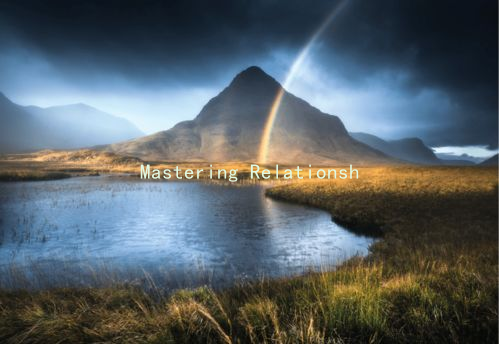Understanding Your Partner: How Culture Influences Sexual Compatibility
Understanding Your Partner: How Culture Influences Sexual Compatibility
In a world that grows increasingly interconnected, relationships often blossom between individuals from diverse cultural backgrounds. While this diversity adds richness and vibrancy to partnerships, it can also introduce complexities—especially when it comes to sexual compatibility. Culture shapes how we perceive intimacy, express desire, and even communicate during sensual moments. Understanding these cultural influences is essential for nurturing a fulfilling relationship.
Cultural norms dictate not only the expectations surrounding sex but also the attitudes toward emotional connections. For example, in some cultures, open discussions about sexual preferences and needs may be considered taboo, while others may encourage candid conversations. If one partner comes from a background that promotes silence on sexual matters, they may struggle to articulate their desires, resulting in misunderstandings or frustration. Conversely, a partner raised in an environment where sexual expression is welcomed might find this reticence puzzling or unfulfilling.
Moreover, cultural beliefs shape views on masculinity and femininity, which can significantly affect a couple’s sexual dynamics. In societies that uphold traditional gender roles, the expectations surrounding sexual behavior may be rigidly defined. One partner may feel pressured to conform to these norms, potentially leading to feelings of inadequacy or dissatisfaction if they cannot meet those expectations. In contrast, cultures that promote egalitarian views may lead to more fluid and open interactions in the bedroom, allowing partners to explore their desires without fear of judgment.
Religion also plays a critical role in shaping sexual attitudes. In cultures where religious views heavily influence personal beliefs, sexuality may be viewed through a different lens, often focusing on procreation rather than pleasure. Couples from such backgrounds might find themselves navigating contrasting ideologies about intimacy. Therefore, having open conversations about religious beliefs and how they impact sexual compatibility can foster deeper understanding and connection.

Additionally, there are essential differences in attitudes toward sexual health and education across cultures. Some cultures prioritize comprehensive sexual education, while others may neglect it entirely. If one partner is well-informed about sexual health practices and the other is not, disparities in knowledge can create rifts in compatibility. Both partners should feel comfortable discussing their sexual histories, experiences, and health to build a strong foundation of trust.
To bridge the cultural gaps that may exist, couples can engage in ongoing dialogues about their experiences and expectations. It’s crucial to approach these conversations with empathy and an open mind. Rather than viewing cultural differences as barriers, they can be seen as opportunities for growth. Partners can learn from each other’s perspectives, leading to a richer understanding of intimacy that honors both individuals’ backgrounds.
Furthermore, investing time in understanding cultural values related to romance and relationships can significantly enhance sexual compatibility. What constitutes romance, affection, and attraction can vary widely across cultures. Some cultures may emphasize physical touch, while others prioritize emotional connection. Couples should be mindful of these differences and strive to meet each other’s needs, recognizing that love languages may not always align perfectly.
In conclusion, culture plays a pivotal role in shaping sexual compatibility in relationships. By approaching each other with curiosity and respect, partners can navigate the complexities of their diverse backgrounds. Through open communication, mutual respect, and a willingness to learn, couples can create a harmonious and satisfying sexual relationship that fuses their unique cultural identities. Understanding your partner’s cultural context not only enhances intimacy but also deepens the emotional bond shared between partners, ultimately leading to a more fulfilling and resilient relationship.





